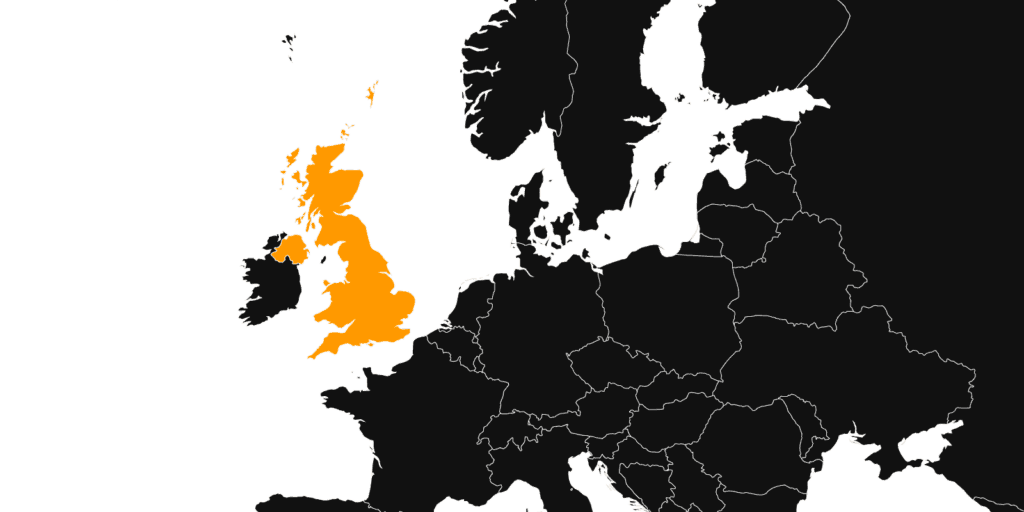

UK: Surveillance bill a threat to privacy
“The bill as it stands is not only a threat to the privacy of millions of people in the UK and abroad, but also sets a dangerous example for other governments.”

U.K. police uses anti-terror laws to seize BBC journalist’s laptop
Detectives served an order obtained from a judge on the BBC and Secunder Kermani, a Newsnight reporter who has produced extensive reports on jihadis born in Britain. It is understood that the police wanted to read communications between Kermani and a man who had publicly identified himself as a member of the Islamic State.

Artwork depicting toys terrorised by ISIS removed from exhibition
According to reports, ISIS Threaten Sylvania, a series of seven satirical light box tableaux, was removed from the Passion for Freedom exhibition at the Mall galleries after police raised concerns about the “potentially inflammatory content” of the work.
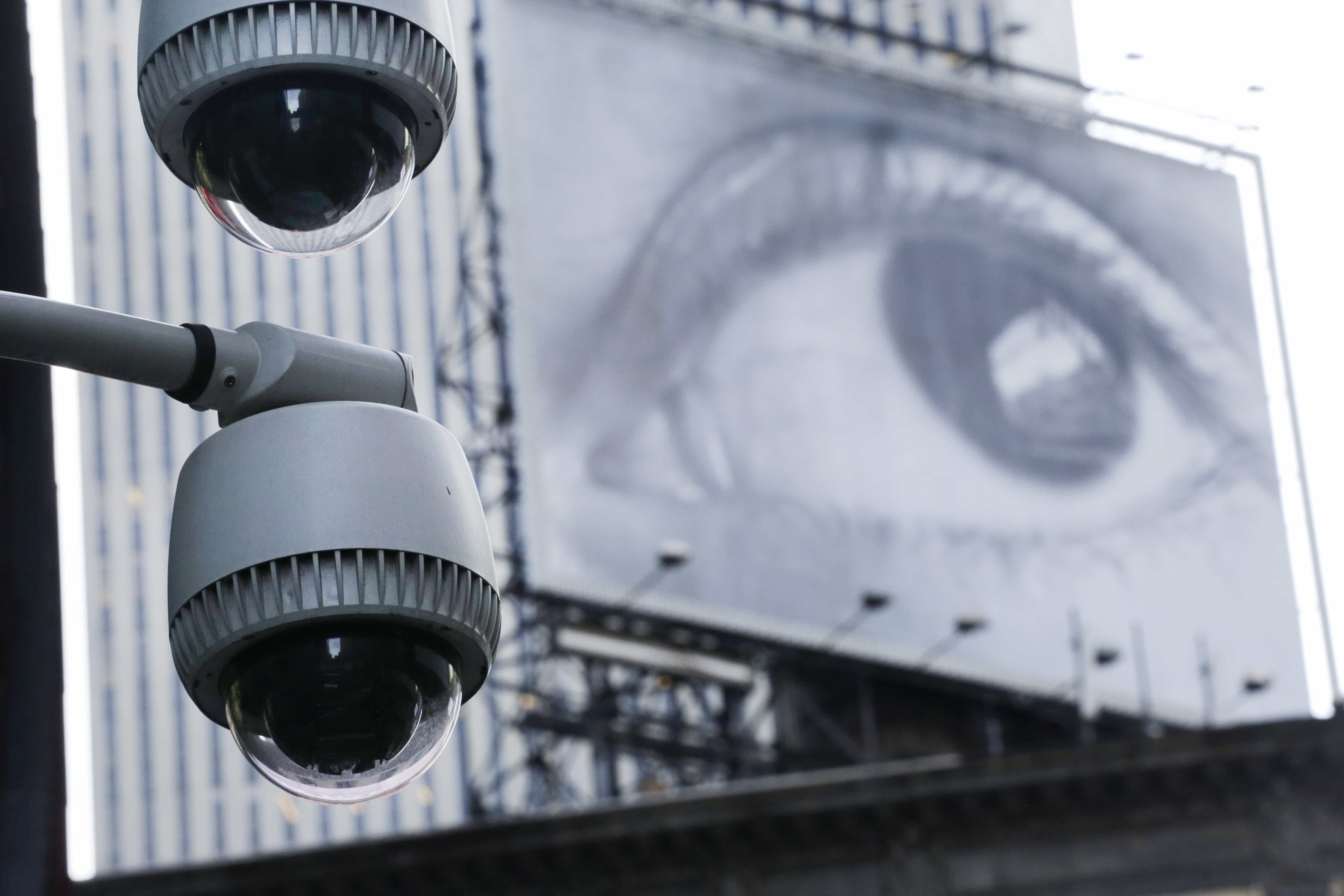
Surveillance: GCHQ, NSA named in new legal challenge
Human Rights Watch and three anonymous individuals filed a complaint over surveillance by the United Kingdom. The complaint by Human Rights Watch charges its rights had been violated by the GCHQ in intercepting, using, and retaining its communications and in particular, sharing them with the NSA.
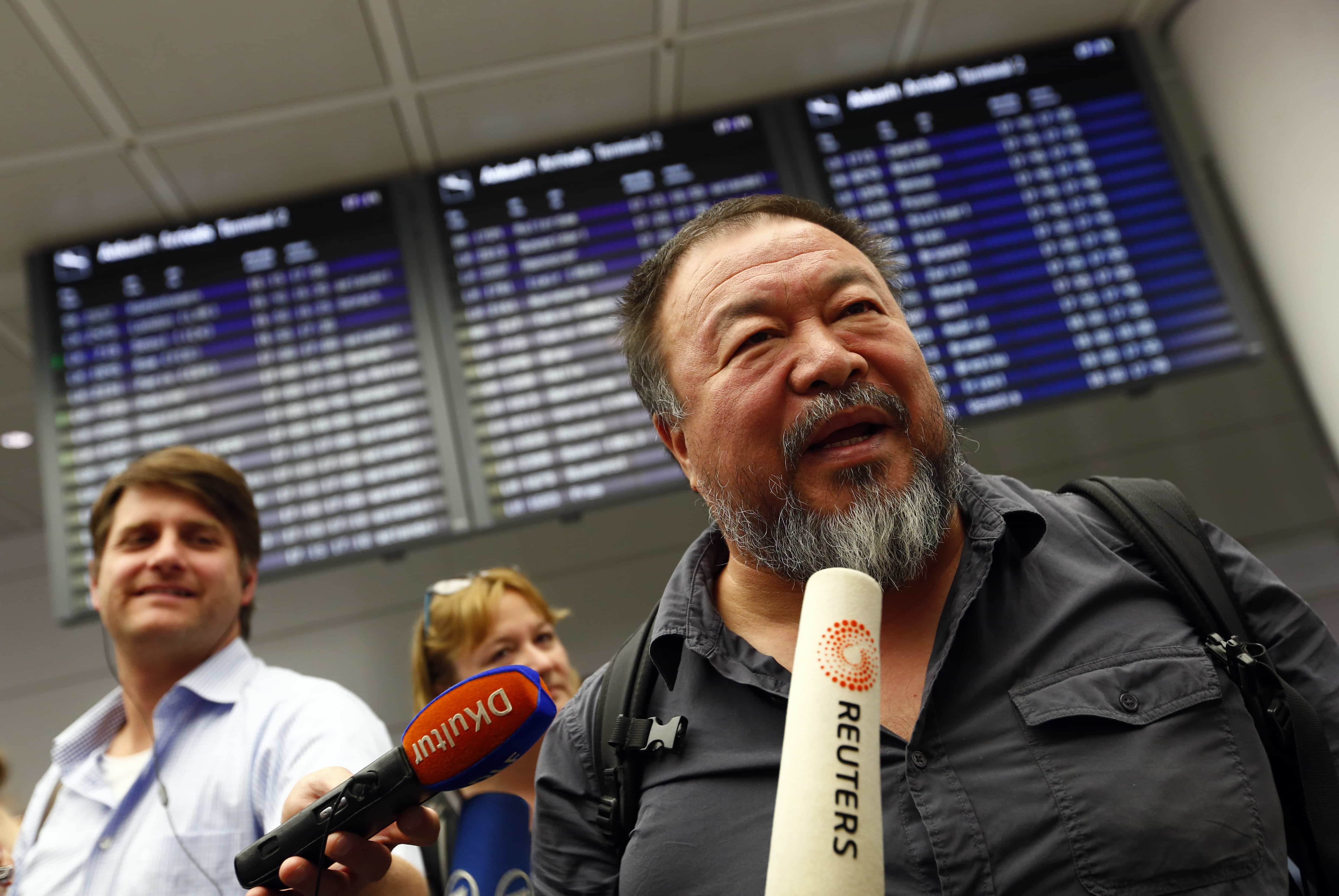
U.K. restricts visa of Chinese artist Ai Weiwei – Ignorance or politics?
In a gesture of either craven capitulation to Beijing or inexcusable ignorance, UK immigration officials have denied a six-month business visa to the Chinese artist and activist Ai Weiwei on the grounds that he failed to declare “a criminal conviction in China.”

Obscure surveillance laws in U.K. “corrode democracy itself” says review
The recent release of independent reviewer David Anderson QC’s report, commissioned for the government, is a resounding call for wholesale reform of Britain’s surveillance legislation.

U.K. spy agencies taken to court over bulk domestic spying
Privacy International has filed a legal complaint demanding an end to the bulk collection of phone records and harvesting of other databases, from millions of people who have no ties to terrorism, nor are suspected of any crime.
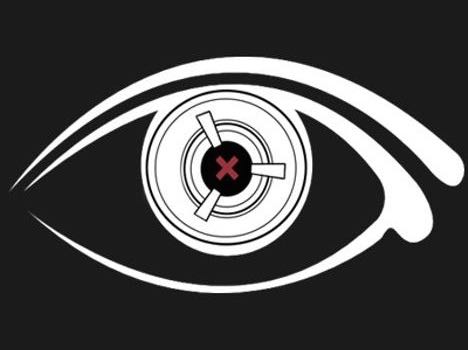
Did GCHQ spy on you? Demand government accountability for illegal spying
Privacy International’s campaign gives everyone a chance to remedy illegal government activity and hold intelligence agencies accountable.
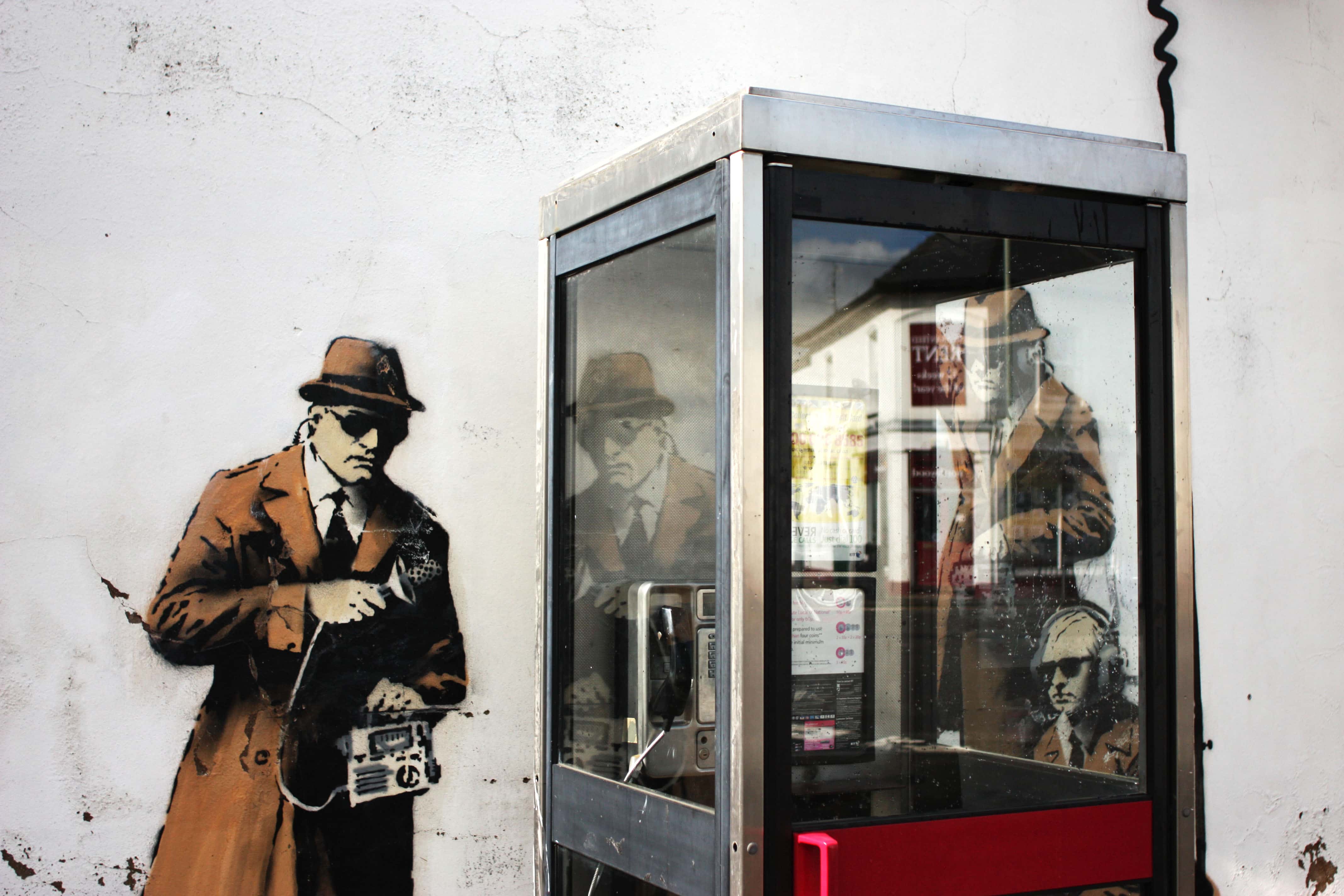
A victory against GCHQ, but the fight against mass surveillance continues
The 6 February 2015 decision marked the first time in its 15-year history that the only UK court empowered to oversee GHCQ, MI5 and MI6 has ruled against the intelligence and security services.
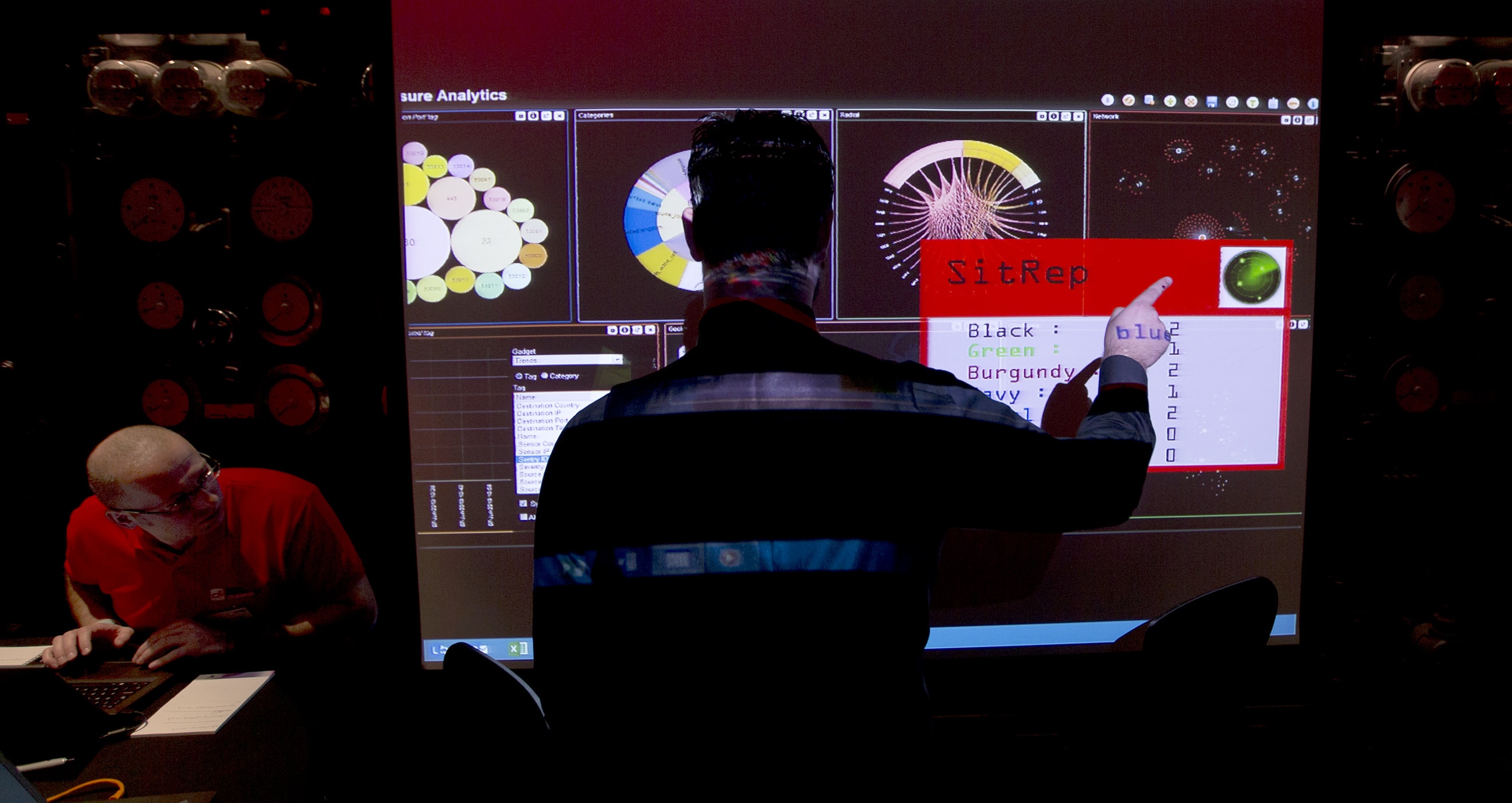
GCHQ-NSA intelligence sharing unlawful, says U.K. surveillance tribunal
British intelligence services acted unlawfully in accessing millions of people’s personal communications collected by the NSA, the Investigatory Powers Tribunal ruled on 6 February 2015.
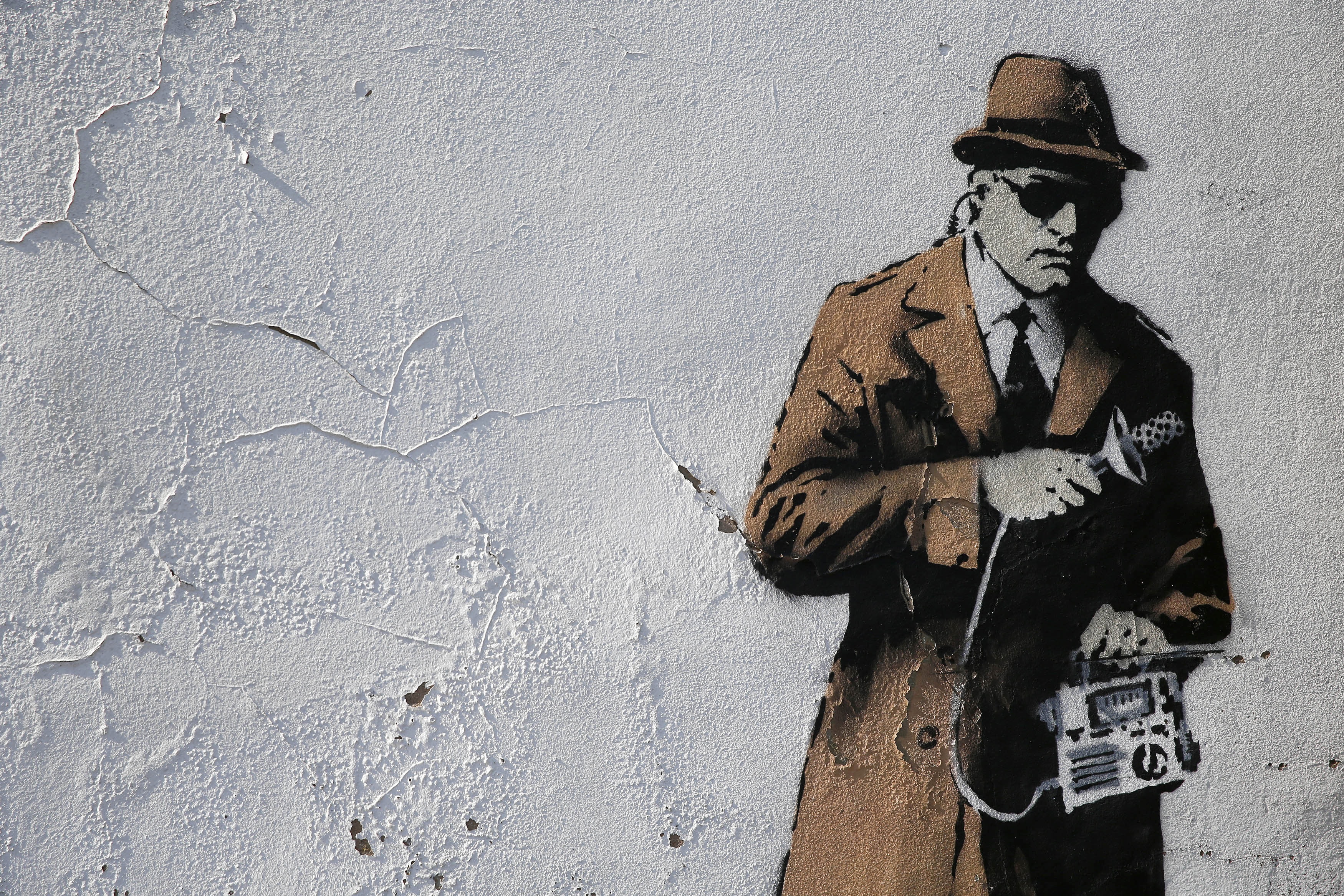
GCHQ’s ‘harvesting’ of journalists’ correspondence threatens free speech
The latest revelations that a GCHQ programme “harvested” correspondence at news organisations around the world have exposed another threat to the protection of sources and journalism in the public interest.
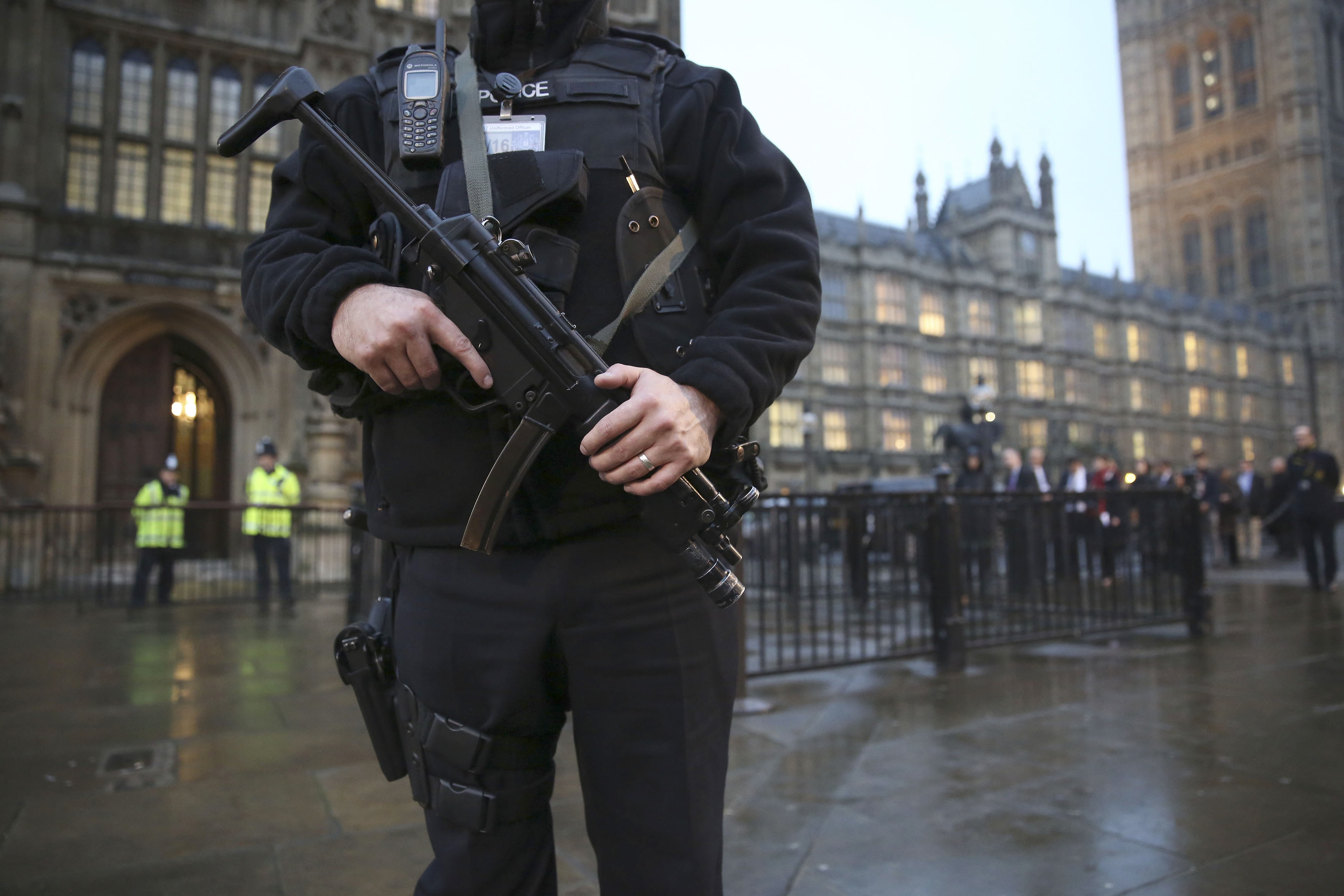
Counterterrorism bill could curb free movement, family life, free expression in U.K.
If adopted, the new bill would allow the government to ban British citizens and residents from returning to the U.K. for two years, and allow the home secretary to impose restrictions on universities and schools in the name of preventing extremism.

Journalists launch legal challenge over police surveillance in U.K.
According to the National Union of Journalists, the International Federation of Journalist’s affiliate in Great Britain, six journalists have taken legal action against the Metropolitan Police and the Home Secretary, over the monitoring and recording of their lawful journalistic and union activities by police since 2008.

Bahraini government, with help from FinFisher, tracks activists living in the U.K.
Jaafar Al Hasabi, Mohammed Moosa Abd-Ali Ali, and Saeed Al-Shehabi each fled Bahrain to be safe. They thought coming to the U.K., and living in exile, would at least mean they would be outside the reach of the Bahraini government. But they were wrong.

U.K.’s emergency data retention law a blow to privacy
“It is outrageous that instead of reforming its laws to address concerns about its involvement in mass surveillance, the UK government is renewing its powers to monitor the communications of people who aren’t suspected of breaking any laws,” said Izza Leghtas, Western Europe researcher at Human Rights Watch.

UK government sued by internet service providers for spying
Intelligence agencies are attacking internet and communications service providers to get access to and exploit their routers, switches, and servers in order to spy on and control the communications handled or passed through their networks.